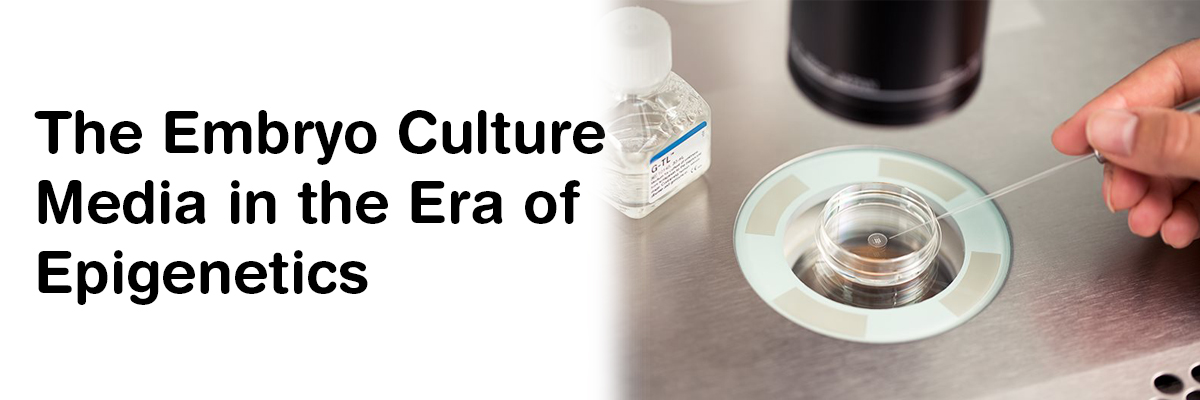
 IJCP Editorial Team
IJCP Editorial Team
The embryo culture media in the era of epigenetics
A recent article reviewed evidence relating the importance of the composition of culture media on the health of embryos, fetuses, newborns, and adults generated by assisted reproductive technologies (ART).
Despite the prevalence of chemically-defined media use, these substrates fail to suitably account for the biological demands of early embryogenesis. An alternative and more natural way to support embryo growth in vitro, could be inclusion of endogenous reproductive fluids as additives in the ART culture media for humans (and also pigs and cows) – in order to ward off the main undesirable consequences of ART
However, further research is necessary to address the question as to how many health problems could be avoided by enriching the culture media for ART with all the components physiologically found in the female reproductive system?
Source: Animal Reproduction. 2022; 19(1): e20210132. doi: 10.1590/1984-3143-AR2021-0132

IJCP Editorial Team
Comprising seasoned professionals and experts from the medical field, the IJCP editorial team is dedicated to delivering timely and accurate content and thriving to provide attention-grabbing information for the readers. What sets them apart are their diverse expertise, spanning academia, research, and clinical practice, and their dedication to upholding the highest standards of quality and integrity. With a wealth of experience and a commitment to excellence, the IJCP editorial team strives to provide valuable perspectives, the latest trends, and in-depth analyses across various medical domains, all in a way that keeps you interested and engaged.




















Please login to comment on this article